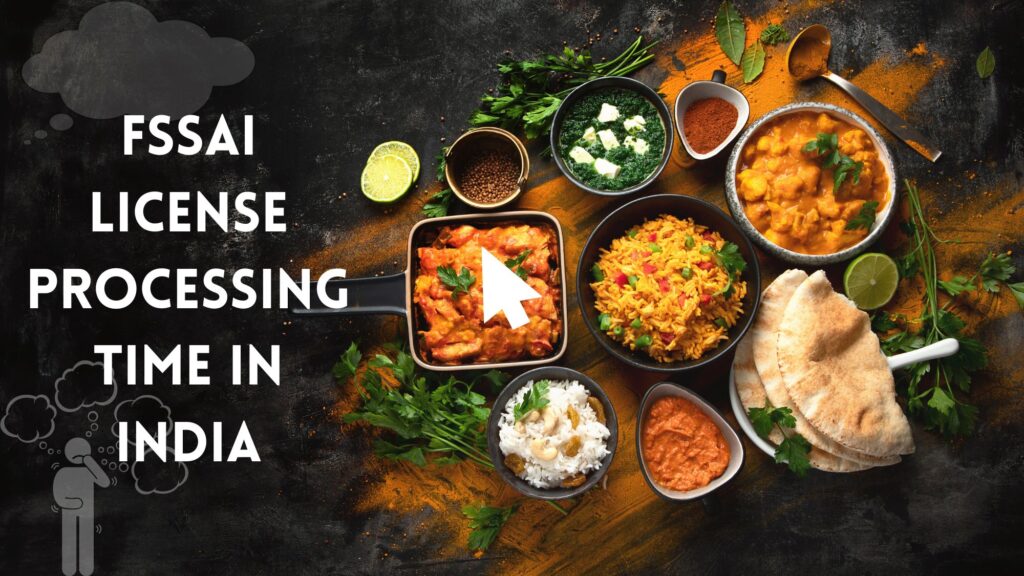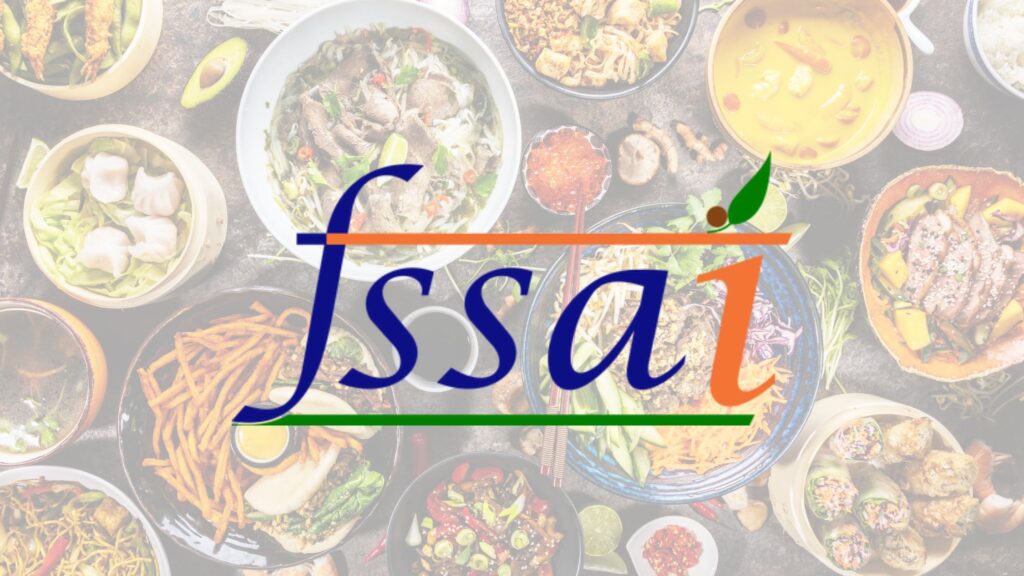Demystifying FSSAI Licenses: A Comprehensive Guide to Different Categories
Introduction:
Welcome to our comprehensive guide that navigates through the diverse landscape of FSSAI licenses. Understanding the different categories is not just about compliance; it’s a strategic move for businesses aiming to thrive in the competitive food industry.
Section 1: Basic Registration: A Starting Point for Small-Scale Enterprises
For small-scale businesses with an annual turnover of up to ₹12 lakhs, Basic Registration is the entry point into FSSAI compliance. This category caters to budding entrepreneurs, allowing them to establish their presence in the market while ensuring adherence to essential food safety standards.
Section 2: State License—Tailored for Medium-Sized Enterprises
Medium-sized businesses, with an annual turnover ranging from ₹12 lakhs to ₹20 crores, find their fit in the State License category. This intermediate level of licensing not only meets regulatory requirements but also positions businesses for growth, ensuring they can cater to a broader audience while maintaining compliance.
Section 3: Central License: A Gateway to the Big Leagues for Large-Scale Enterprises
For large-scale enterprises with an annual turnover exceeding ₹20 crores, the Central License is the key to unlocking the full potential of the market. This category caters to established businesses, providing them with the necessary credentials to operate at a national level, form strategic partnerships, and explore expansive opportunities.
Key Considerations for FSSAI Licensing:
- Nature of Business Operations:
Understanding the scale and nature of your business operations is crucial in determining the appropriate category of FSSAI license. This consideration ensures that the licensing aligns with the specific needs and capacities of your enterprise. - Geographical Reach:
FSSAI licenses are also influenced by the geographical reach of your business. Whether you operate locally, statewide, or nationally, selecting the right category ensures that your compliance efforts match the scale of your market presence. - Growth Strategies:
Businesses planning for future growth must carefully evaluate the scalability of their chosen FSSAI license category. Ensuring that the license accommodates expansion plans is essential for sustained success in the competitive food industry.
Conclusion:
In conclusion, the choice of FSSAI license category is a strategic decision that goes beyond regulatory compliance. It’s a roadmap for businesses, guiding them through different stages of growth and market reach. Whether you’re a startup, a medium-sized player, or an industry giant, understanding the nuances of FSSAI licensing is key to unlocking your business’s full potential.
Ready to embark on your FSSAI compliance journey? Contact us for personalized guidance and support tailored to your business needs.


